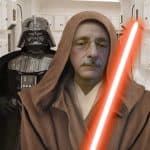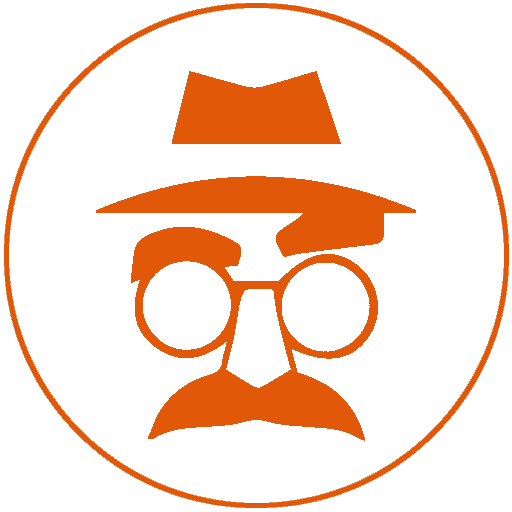This is a text automatically translated from Italian. If you appreciate our work and if you like reading it in your language, consider a donation to allow us to continue doing it and improving it.
The articles of Cassandra Crossing I'm under license CC BY-SA 4.0 | Cassandra Crossing is a column created by Marco Calamari with the “nom de plume” of Cassandra, born in 2005.
A piece by Cassandra from 7 years ago celebrating two contemporary heroes: Julian Assange and Edward Snowden.
This article was written on August 21, 2015 from Cassandra
Cassandra Crossing 349/ Unsung heroes
A few years after the criminalization of Julian Assange and Edward Snowden, an exercise to find a definition for their actions.
“Sing to me or Diva…” begins a famous epic poem, which unfolds through the deeds of heroes. It's easy to sing about fictional or out-of-time heroes. But singing about those closest to us? Hmmm… more difficult job, more similar to that of a historian, for which you just have to cross a border or wait for a war to see heroes transform into criminals and vice versa.
Who would ever want, despite having the ability and the opportunity, to sing the praises of a potential criminal? Yet finding heroes who will never change their role is simple, you just need to define them correctly. A definition is difficult to overturn, even just scratch. A political reversal does not affect her. A different historical perspective leaves it unchanged. “A hero is he who, going against his own advantage and safety, carries out an action from which many others will derive real benefit”: and, of course, even figures who will always remain under the skin of history deserve this definition, like an unknown sick father who grits his teeth to bring home an extra paycheck. Poor hairy Achilles ignominiously succumbs to this definition. Two people of our times, absolutely ordinary yet very gifted, but no.
They are names you know well: Julian and Edward.
Julian Assange, in perfect harmony with his adolescence as a hacker, since 19 June 2012 he has been sleeping (it is said) on an inflatable mattress in a room of the apartment that constitutes the Ecuadorian embassy in London, pursued by all kinds of tense international machinations to get it to the territory of a well-known superpower. He is forced to do this because the legal and illegal actions aimed at destroying the organization he founded, Wikileaks, include its neutralization by any means.
Edward Snowden, after a career certainly not spent among freaks, on May 20, 2013 he decided that the discrepancy between what his government said and what it did was now too great to be tolerated: he therefore carefully planned and executed an epochal action of transparency and information.
This act, causing the least possible social damage and ensuring his survival (at least for now), has brought to light what is being done in the darkest areas of the Internet (and, just to clarify, we are not talking about Silkroad's Deep Web but about the interceptors of the NSA). It offered normal citizens of states with "established" democracy two rare jewels: cognition and knowledge.
Edward today lives in exile in a country that he probably had to choose in a forced way, how Pontecorvo, but which, unlike the famous scientist, does not offer him particular guarantees of safety beyond the immediate future.
These two people (thanks Edward, thanks Julian) correspond exactly to this definition of "Hero". Both the splendor of the Wired cover and the modesty of the Big Brother Award's "Privacy Hero" award will never compensate those who have turned their existence upside down in the name of a superior interest. And finally many will argue, not entirely incorrectly, that even madmen, maniacs, traitors and criminals sometimes act to their own detriment in the name of a superior interest. Superior in their head, however, hardly in reality.
Here the heroic discourse must end.
The reader, sitting limply on a deckchair for a well-deserved rest after a year of commitment (hoping not to be fired upon returning from holidays) is left with all the rest of the work.
Cassandra asks him the favor of carefully evaluating, two or three years after the events, the practical consequences, weight and value of the actions carried out by Julian and Edward, defined as "heroes" at least according to her parameters.
If after this effort he concludes that their work has been of benefit to him, he should direct a thought of gratitude to them, and perhaps break a well-reasoned spear in their favor if the topic comes up in a discussion between friends.
Nothing tiring.
Marco Calamari

Video column “A chat with Cassandra”
Cassandra's Slog (Static Blog).
Cassandra's archive: school, training and thought
Join communities
If you have found errors in the article you can report them by clicking here, Thank you!







